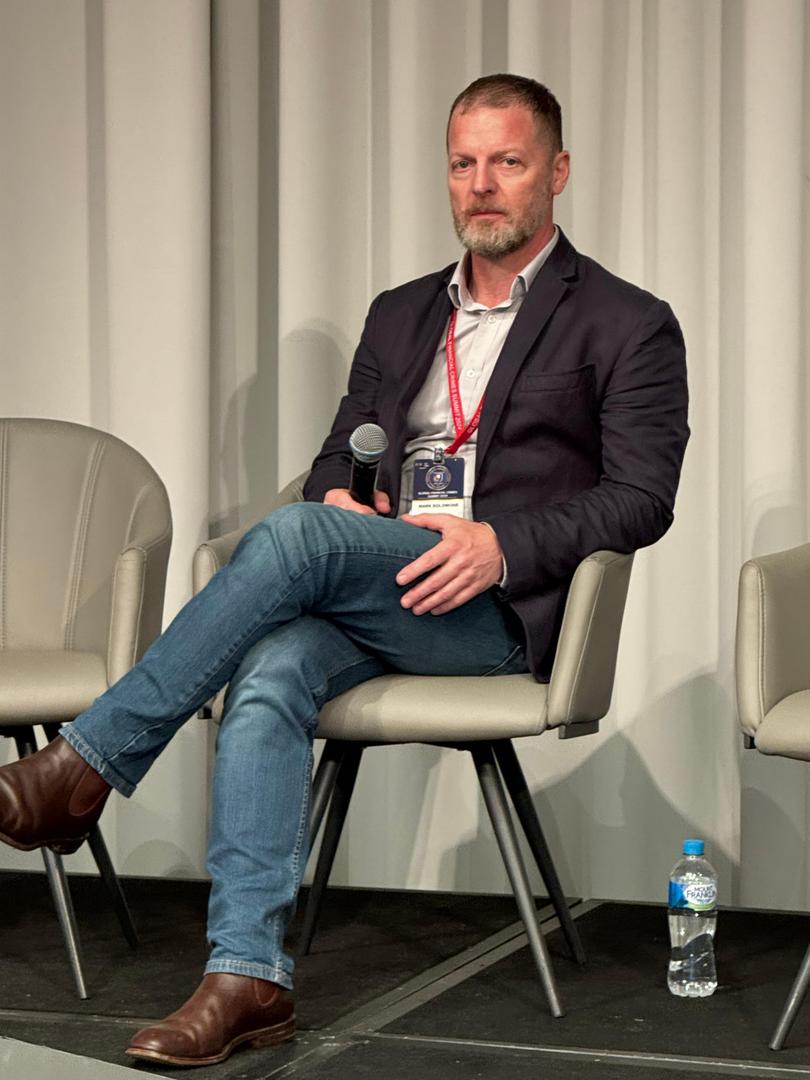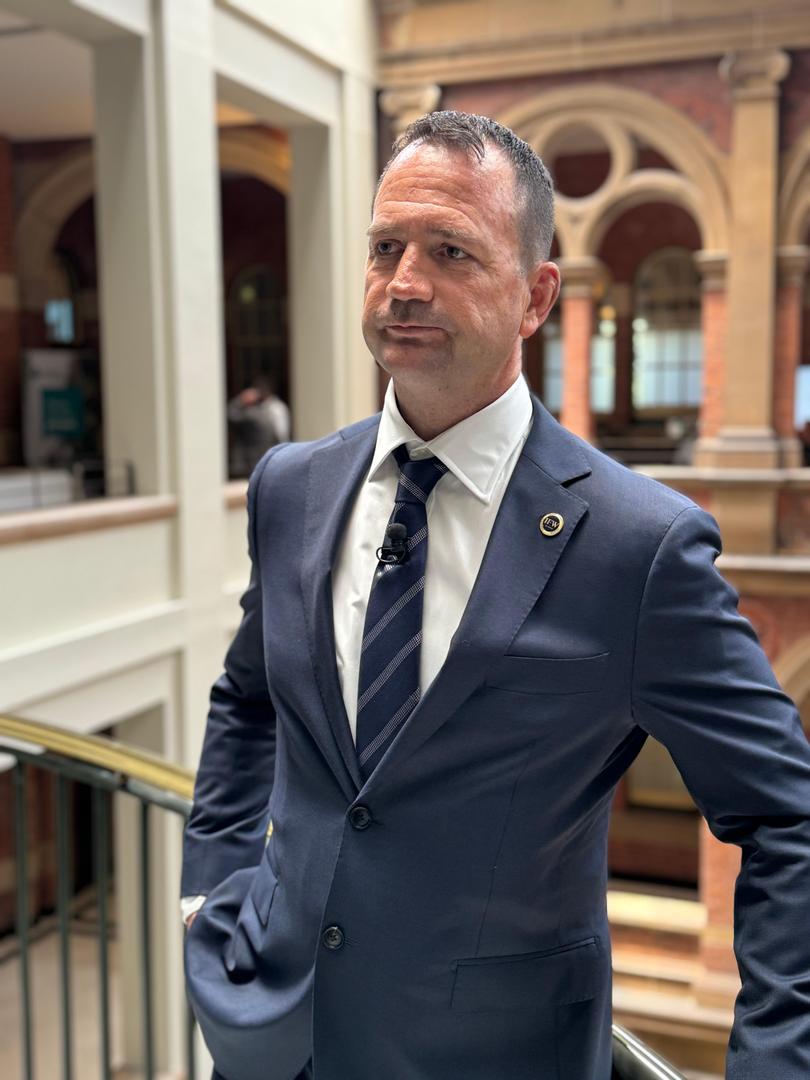Alarming details of the Israeli crime cartel that’s targeting crypto-obsessed Australians
A crypto cartel has ruthlessly targeted Australians for years fleecing more than 30,000 Australians out of more than $200 million.

An Israeli-masterminded crypto crime cartel sent operatives to Australia to set up “legitimate” digital currency exchanges and allegedly used them to launder millions of dollars stolen from mum and dad investors.
In an extraordinary move, the crime syndicate registered trading names with ASIC for its shopfronts, used local residents allegedly as straw directors, and gained registration with the financial crimes regulator Austrac, as a facade of legality, it was revealed in Sydney this week.
The same crime cartel has also ruthlessly targeted Australians for years fleecing more than 30,000 Australians out of more than $200 million in a string of crypto scams directed from Tel Aviv but operated through secret call centres in Serbia.
Sign up to The Nightly's newsletters.
Get the first look at the digital newspaper, curated daily stories and breaking headlines delivered to your inbox.
By continuing you agree to our Terms and Privacy Policy.Senior crime investigator IFW Global investigator Mark Solomons told the 2024 Global Financial Crimes Summit it was one of the most “stunning” setups he had ever seen.
“It shows how easily Australia ‘s enforcement systems can be corrupted and exploited,” Mr Solomons said.
“The cartel was also using a big local law firm, and they were doing it all in plain sight. No-one twigged until later,” he said.

ASIC has confirmed it is aware of the entities but a spokeswoman said they could not comment about whether it is investigating or not.
An Austrac spokeswoman said all digital currency exchanges must be registered with them, and “will not hesitate to take appropriate action against DCE providers who fail to comply with their obligations.”
Mr Solomons revealed the crime bosses of the Israeli crypto crime cartels were operating out of Tel Aviv and had recruited gang members included ex-military veterans who were highly skilled, multi-lingual and proficient in computer programming, IT and hacking.
One former Israeli military officer investigated by Mr Solomons, adopted the stage name “Eduardo” and was openly living the high life wearing a Rolex watch and travelling the world with his wife splashing the trappings of his ill-gotten gains across social media platforms.
Mr Solomons said the 30-something year old had been recruited by one of the cartels on almost $200,000 a month to run the call centres in Belgrade with the top targets being Australians and Canadians.
But Eduardo mysteriously disappeared the night before a multi-jurisdiction police raid last year on the Belgrade call centre and remains on the run.
Mr Solomons said Israeli crime groups had invented scam technology methods years ago and had been highly successful even with the Knesset outlawing the practises. He said they just moved offshore.
“The brains are in Tel Aviv but the tentacles and feelers are in other multiple jurisdictions,” Mr Solomons said.
The conference organised by Ken Gamble, the chief executive of international investigation firm, IFW Global, has heard that Australia is dealing with a “boom” in cyber crime that is now part of a $10 trillion world-wide problem.

International speakers from around the world have given at insight into the rapid spread of cryptocurrency and finance crimes hitting mainly well-heeled western countries.
Mr Solomons said Australians are the top target for the Israeli crime cartels hit list because they have a fascination with crypto, are generally trusting and have generous accessible nest eggs in superannuation.
The operational fronts which were set up in Australia included two parent companies trading as businesses with digital exchange licences.
Both companies have since voluntarily withdrawn their registration with Austrac.
In one case one of the companies involved was using sales agents to cold call and lure customers to invest in cryptocurrency.
One victim complained she had been contacted by a man claiming to be Greek who lived in WA. She said she checked the company was registered with ASIC Australia which it was, and it had a local phone number. With the checks done she thought it was legitimate, but she lost thousands.
The companies and businesses are no longer currently registered with ASIC.
Mr Solomons said the challenge for law enforcement is that agencies can’t move fast enough, they don’t connect the scams to each other, and multiple jurisdictions are involved.
He also said there are few legal precedents for seizing or recovering crypto money and cartels deliberately exploit weak and corruptible jurisdictions and there is a lack of cooperation domestically and internationally.
